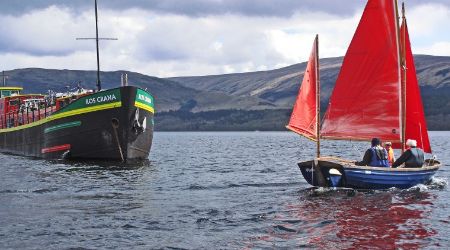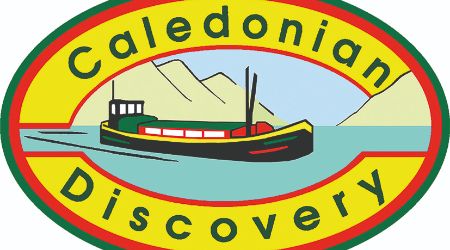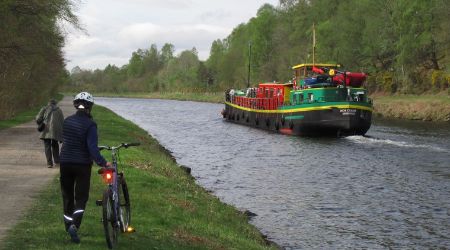Many of the US summer camps designed for children now include mountain biking as a main activity and they often hire specialist mountain bike guides and instructors. You will frequently be expected to help teach other sports activities as well. While in Europe, plenty of Alpine ski resorts have realised that mountain biking is big business and fills the gap nicely in the months without snow. The resorts are geared up to cater for mountain sports, so with plenty of lifts to get you to the top of the runs, and more technical single track than we could ever dream of here at home, mountain biking fits right in.
Mountain Bike Leadership Award (MBLA)
If you are a keen off road cyclist looking to progress from weekend rides to blow away the cobwebs, to making the local forests and hills your place of work as well as your playground, then you need to get a recognised qualification in the shape of a mountain bike instructor course. There are several courses you may like to consider though it has to be said, the MBLA is largely seen as the 'highest' of the bunch. If you don't need to instruct in winter conditions, and if you are always going to be working below 600m, then definitely take a look at:
Mountain Bike Skills Instructor Program - Run by the CTC focuses on skills and requires two days of training and one day of assessment.
Mountain Bike Coaching Scheme (MBC UK) - endorsed by the Association Of British Cycling Coaches and comes in four flavours; entry, intermediate, performance, and tutor.
Mountain-bike Instructors Award Scheme (MIAS) - This one is designed for people who are going to be taking groups off road, in the UK, in Spring, Summer or Autumn. It is recognised by the Adventure Mark and by Learning Outside the Classroom, which means it is good for activity centres. It also gets a nod from the Cycle Touring Club (CTC). It is certainly a popular choice, second only to the MBLA. There are six levels covering instructors and trainers/assessors.
Probably the most popular is the Mountain Bike Leadership Award. It is sanctioned by Scottish Cycling which is the National Governing Body, gets the thumbs up for the Adventure Activity Licensing Authority, and is designed to show that you have both technical skills and leader qualities necessary to show other people who to enjoy the sport. The course lasts three days; two of training and one assessment. Most of the people you'll be competing with for jobs will already have this award or one of the others (see below), so make sure you have it too. Even if the job does not specifically ask for it, someone with this qualification will always be taken more seriously, plus the NGB status should give you professional insurance cover (if you are working for yourself, make sure you check your insurance requirements before you take out any groups). The sister qualification is the TCL or Trail Cycle Leadership award, though this one is seen as the more basic of the two.
In order to find out more and get some first hand accounts of what it is like to gain the MIAS and the MBLA, we spoke to some industry experts about their experiences of taking and now teaching the qualifications discussed in this article.
Getting Some Work Experience
We have shown you how to get qualified to become a leader in the sport, but once you have chosen your course and got your certificate, what is it actually like working as an instructor? What does it involve and what is a typical day like?
Working for a company Ask the employers and they will often quote hard work as a key aspect of the job, and while mountain biking may be your dream job, it is unlikely that you will just be riding single track all day. You will be expected to undertake other tasks. Excellent people skills are obviously essential. Apart from on your day(s) off you won't be plugged into your ipod, in your own two wheeled world. Teaching and tuition require great communication, leadership and management skills. You will also be expected to be physically fit and willing to help out in activities other than simply riding. A lot of employers will ask that you are first aid trained. To be honest it is a great asset to your CV in any case. In exchange for your mountain biking expertise, you are likely to be offered flights, meals, accommodation and a wage. Do not take this for granted though, some companies may expect you to make your own way to the resort!
Working for yourself. If you go down the route of instructing on your own, trying to find and build your client base will take up quite a lot of your time. You'll need to be very proactive - having a good contact list and not being afraid to put yourself out there to drum up business will be essential. It's certainly more difficult that working for someone else, but if you can get enough customers then being your own boss, deciding where and when to ride, will be a very rewarding way to work.



 Details & Apply..
Details & Apply..




